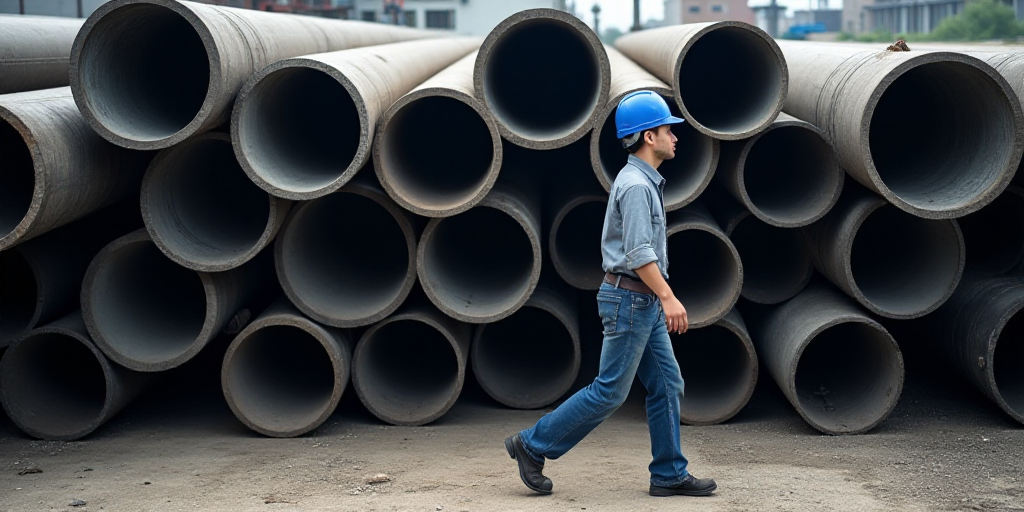Background on China’s Steel Industry and its Global Impact
China, the world’s largest steel producer with over 1.0 billion metric tons in 2024, has been facing a decline in domestic demand. This shift compelled Chinese producers to seek international markets, intensifying global competition in the steel sector.
China’s Steel Subsidies and Their Global Impact
According to the Organization for Economic Co-operation and Development (OCDE), China’s steel subsidies “distort” the global market, making it difficult for non-subsidized producers to compete fairly. The OCDE, which includes 38 advanced economies and emerging countries with open economies like Chile, Colombia, Costa Rica, and Mexico, highlights that China’s steel subsidies are five times higher than the average of other economies.
Since 2020, China’s steel exports have more than doubled. In 2024, China’s steel exports reached a record high of 118 million metric tons while imports plummeted nearly 80% to 8.7 million metric tons, as reported by the OCDE.
- South America: Steel imports increased by almost 60%
- European Union and the UK: Steel imports rose by 13%
- Japan and South Korea: Steel imports grew by 18%
- North America: Steel imports surged by 40%
- Turkey: Steel imports increased by 52%
- Oceania: Steel imports soared by 77%
However, the recent housing market crisis in China has led to a decrease in steel demand over the past few years.
Impact on Global Decarbonization Efforts
The abundance of inexpensive steel, fueled by China’s subsidies, severely hampers global efforts to invest in decarbonizing the steel industry. Steel production accounts for 8% of global CO2 emissions, making it crucial to address excess capacity and its consequences.
“Steel mills will not return to sustainable profitability until significant progress is made in tackling global overcapacity and its repercussions,” warns the OCDE.
Call for Global Cooperation
“International cooperation is essential to ensure fair market conditions in the global steel industry,” emphasizes the OCDE.
Key Questions and Answers
- What is the main issue addressed by the OCDE? The OCDE accuses China of distorting the global steel market through excessive subsidies, making it difficult for non-subsidized producers to compete.
- Why is China’s steel market expansion a concern? China’s steel exports have more than doubled since 2020, while its imports have drastically decreased. This imbalance affects global steel market dynamics.
- How do China’s subsidies impact global decarbonization efforts? The influx of cheap steel hinders investments needed for decarbonizing the steel industry, which contributes significantly to global CO2 emissions.
- What does the OCDE recommend to address these concerns? The OCDE calls for international cooperation to establish fair market conditions and tackle global steel overcapacity.






